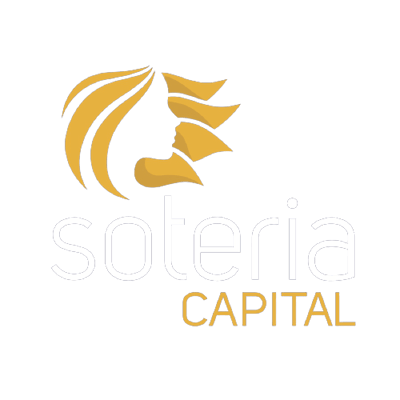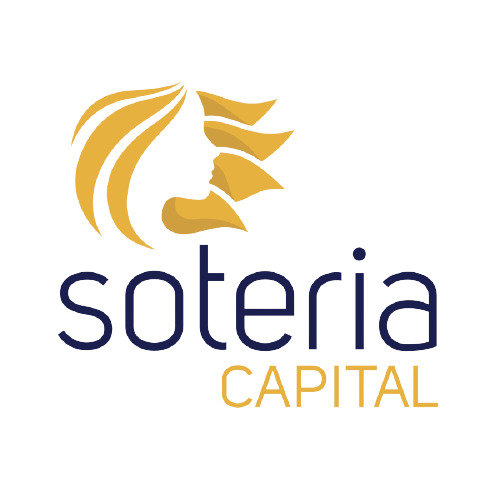In the recently expired time of virtually no interest rates, endless seas of liquidity, and perma-bubble markets, investors have been compensated handsomely for taking careless risks. But in a market economy where tightening credit and availability of capital, runaway inflation, and a purpose-driven Fed rule the day and losses sustained in the future will be harder to recover. Many fund managers and investors alike feel like they have to take on more risks to catch up. Taking less risk, I suspect, will only become popular after trillions in paper profits have been erased.
Over the past decade or so as markets made new all-time highs on an almost everyday basis, it’s not the easiest thing in the world to remind someone, this probably won’t last forever. Especially when investment mistakes made in ever-ascending markets seemed to get erased over periods of time marked in weeks or months…not decades. The conversation between advisors and investors is about to change. I promise, no investor will take solace in hearing, “We only lost 5% last quarter while the S&P 500 was down 9%.”
A Bank of America Global Research Survey recently found the percentage of fund managers with greater than average exposure to U.S. stocks climbed 27 percentage points since February. High recent returns make you feel rich, naturally leading you to extrapolate further gains that will continue in perpetuity. But you’re borrowing them from the future. The more highly valued your holdings are, the lower their return is likely to be down the road.
Don’t just do something…stand there
With the Fed hawkishly raising interest rates at a measured pace, public and private investments alike will be pressured by the increased cost and decreased supply of money, companies will struggle to maintain their current growth rates and correspondingly, their stock prices will likely suffer.
Let’s make a comparison. Let’s say you own a hypothetical bond. To keep things as simple as possible, you bought the bond at par for $1,000 and it has a 3% coupon per year for 10 years. This bond’s $30 annual interest would earn you a 3% yield.
If, however, you pay $1,200 for a bond with the same terms, your $30 interest yields you 2.5%. The higher the price you pay, the lower your return on the bond. Try as you might, you can’t fight that math.
Alternatively, a stock’s future income stream can grow but if it doesn’t meet expectations, the same general principle applies…without any assurance of getting your original investment back in the end.
To make general judgments of how expensive stocks are, the consensus indication is that U.S. stocks could return less than 3% annually, after inflation, over the next five years or more…among its lowest estimates ever. Although you can’t use such data to tell exactly when stocks are overpriced, the message is that the prospect of low expected returns should be taken seriously.”
What can investors do?
One of the most popular ways to avoid the inevitable market downturn is to invest in alternatives asset classes that don’t rise and fall with the tides. By gaining exposure to portfolios of non-correlated alternatives, investors can hedge risk by sidestepping market volatility and earnings multiple compression. Investors are generally willing to exchange daily liquidity for capital preservation and more predictable returns.
Senior Life Settlements is an alternative asset class with several differentiating factors that can make a huge difference in how advisors allocate assets. Life settlements are life insurance asset-backed securities. An executable contract backed by some of our country’s biggest and best companies is what drives the yield creation. Life settlements do not depend on positive price action to appreciate in value like stocks or private equity. The growth factor is built-in and known in advance. Life settlements can make a difference in the way investors make and, more importantly, keep your money.


